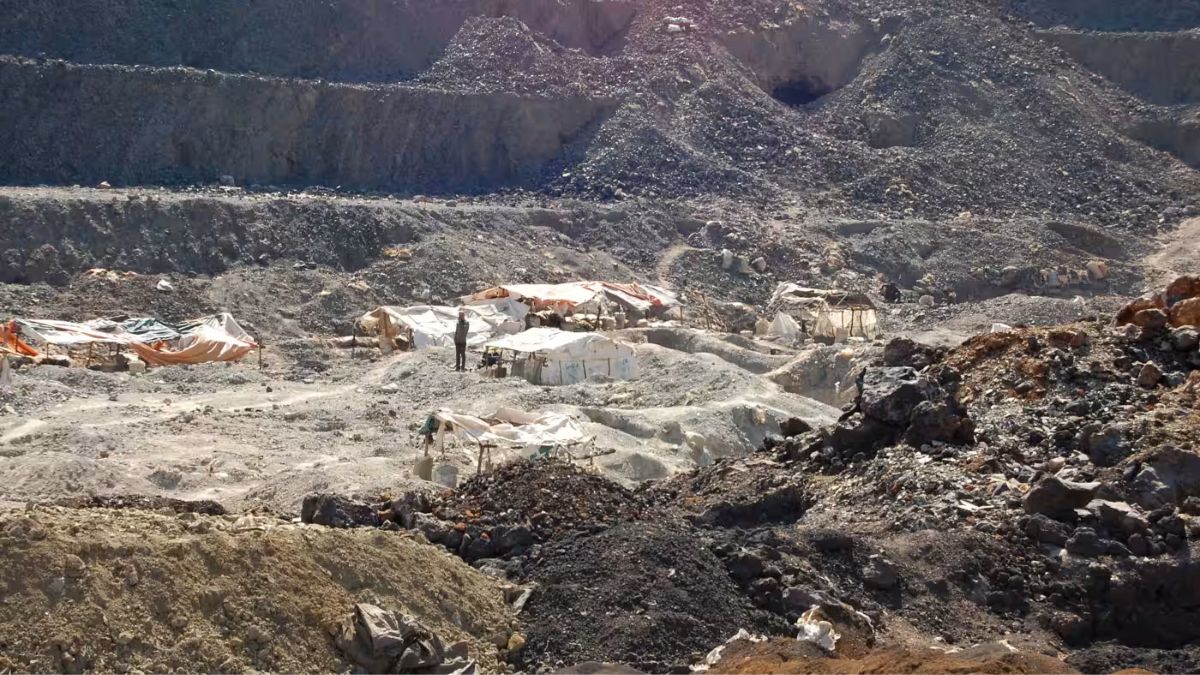Chinese construction giants, China Railway and Sinohydro, have committed to a groundbreaking $7 billion investment in infrastructure projects, marking a significant development in their Sicomines joint venture with the Democratic Republic of Congo.
The deal, announced on Saturday, involves extensive contributions to road and hospital construction in exchange for maintaining the current shareholding structure, with an added provision for the Chinese partners to pay 1.2% of royalties annually to Congo.
The backdrop of this agreement involves a revisitation of the deal initially brokered by former President Joseph Kabila, wherein China Railway and Sinohydro secured a 68% stake in the Sicomines joint venture with Congo’s state mining company, Gecamines. Under the terms of the original deal, the Chinese partners committed to investing $3 billion in infrastructure projects. However, a state auditor, Inspection Generale des Finances (IGF), insisted on increasing this commitment to $20 billion.
In response to the audit findings, President Felix Tshisekedi’s government engaged in negotiations with the Chinese investors, seeking to align the terms with national interests. Tshisekedi, who expressed his commitment to bolster Congo’s stake in the joint venture to 70% from the current 32%, deemed the outcome a “win-win deal.” Jules Alingete, head of IGF, echoed this sentiment during a news conference, acknowledging the complexity of the negotiations but emphasizing the mutually beneficial nature of the final agreement.
The injected funds are earmarked for critical infrastructure projects, addressing needs in road networks and healthcare facilities. The commitment from China Railway and Sinohydro aligns with Congo’s ambitions to leverage foreign investments for domestic development. While the initial deal faced scrutiny over the perceived disparity between the value of the mining stake and the infrastructure investments, the renegotiated terms aim to strike a more equitable balance.
Ernest Mpararo, head of the Congolese Anti-Corruption League, welcomed the announcement as a step forward but raised concerns about Sicomines’ tax exemptions. Additionally, he highlighted discrepancies in the execution of the previous agreement, citing an IGF report from 2023 that revealed only $822 million of the promised $3 billion for infrastructure had been spent.
Congo holds a prominent position as the world’s leading producer of cobalt, a vital component in electric vehicle batteries and mobile phones. The nation also stands as the world’s third-largest copper producer. The mining sector in Congo has witnessed significant influence from Chinese companies, underscoring the strategic importance of collaborations like Sicomines for both parties.
President Tshisekedi, who secured a second mandate in December, had previously outlined his intentions regarding this agreement in his inauguration speech on January 20. The successful renegotiation not only secures substantial investment for essential infrastructure in Congo but also reinforces the economic ties between the nation and Chinese corporations, setting a precedent for future collaborations in the resource-rich African nation.

